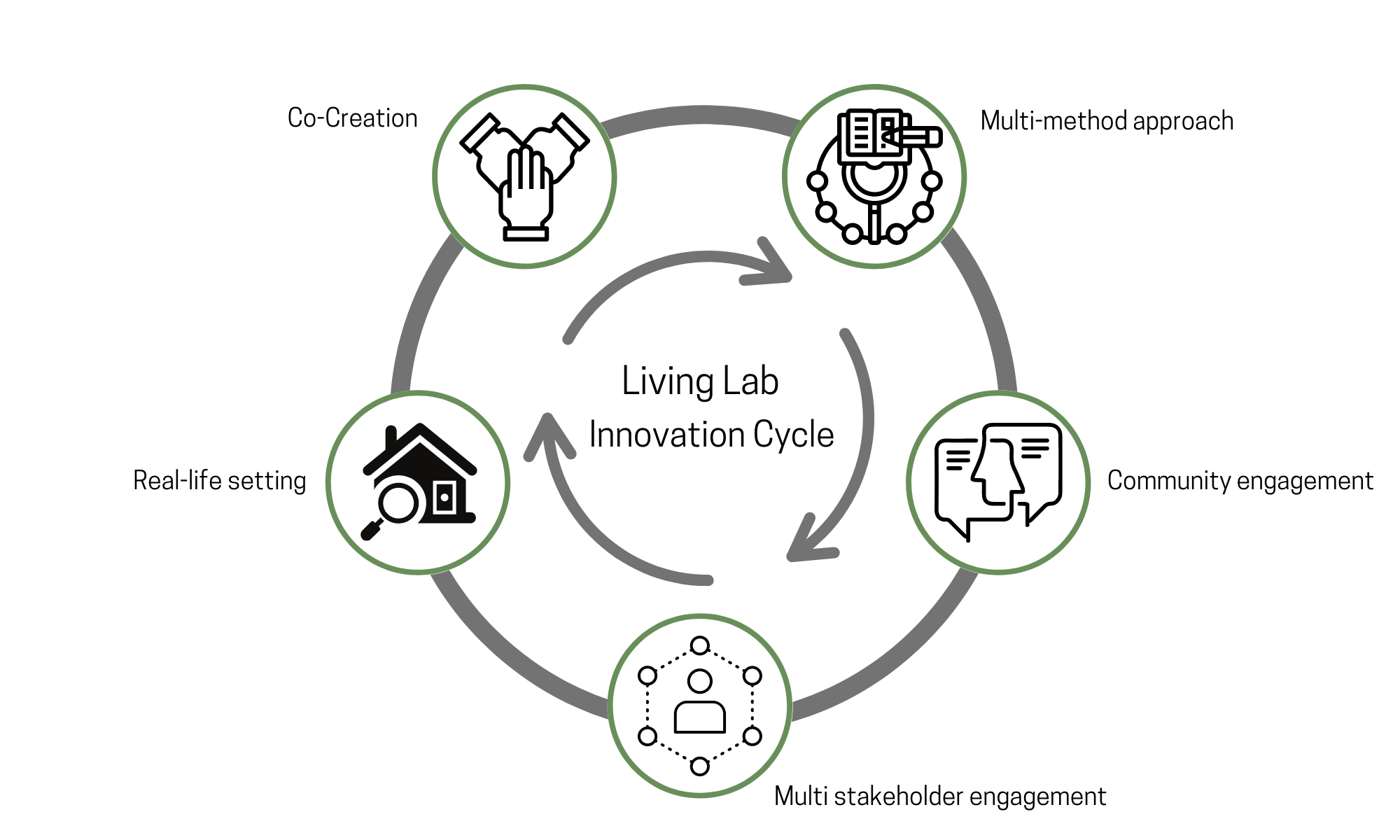The other day I did the unthinkable. I went to Walmart.

No one really likes going to Walmart. It’s not like it is a panacea of customer service or offers a pleasant shopping ambiance. Sure, the prices are nearly always lower than anywhere else, but what suffering should we have to endure to save a few pennies?
There have been several times in my life I have sworn never to return to Walmart again. But I do. I wonder about my lack of will power. Did I get hypnotized one shopping experience by all the bells and electronic voices that fill the air at Walmart’s everywhere? I will do alright for a while but then the urge to buy cheap stuff over powers me. It doesn’t matter if I need the cheap stuff. I want to feel like I got a deal. It’s a sickness.
Like this time. I bought a few groceries and some candles, but then I did what I always do, I walked around the entire store. It’s as if I had this biological impulse to do the Walmart Walk-About just in case I might discover a price so low, I can’t help but buy whatever it is that will save me so much money. I ended up buying three shirts for less than I can get one at Mister Big and Tall, a car wash and wax kit to join the other car products I keep in the shelf of unused products at the back door, enough kitchen yellow sponges to last a life-time, and a few bottles of shampoo I have never heard of before, but man were they cheap.
I had bought cheap shirts before at Walmart and each time I felt guilty. I tried to imagine who made the shirts and what the price correlation to the wage earned by some non-white, too young person, likely a female, in some big box factory down the road from a town whose name is unpronounceable in a country that locks people up for wanting something better for their children than starvation and AIDS.
Of course my guilt was based on what I surmised to be true. Certainly it could be that Walmart buys shirts made by hard working Americans and Canadians, right? I mean, anything is possible. So this time, when I got home, I googled to find out the veracity of my guilt.
Well. It didn’t take long for my guilt to escalate. On one site that reports on such things, I discovered some disturbing information about what is going on in Bangladesh:
“The Rana Plaza disaster in April [2013] — in which at least 1,129 workers were killed when a factory building outside Dhaka collapsed — wasn’t the first deadly accident at a garment factory in Bangladesh in recent memory. Last November, 112 workers died in a factory fire at Tazreen Fashions, which made clothes for Walmart and Sears, among others. 64 garment workers died in a building collapse in Savar in 2005, and more than 400 garment workers have perished in at least 213 factory fires between 2006 and 2009.
“The huge loss of life in the Rana disaster and the revelation of the inhumane conditions that workers toiled under — as well as the discovery that, prior to the building’s collapse, an engineer had said cracks in the structure meant it was unsafe — have been a chilling reminder of what goes into creating the cheap clothing on sale in Western stores.”
[i]
I also learned that there are 4,000,000 people in Bangladesh who work in the garment industry, 80% of them being women. “Despite hundreds of factory fires or accidents in Bangladesh from 1990-2012, no factory owners have yet to be charged with a crime. As the New York Times points out, Bangladesh’s legal system ‘has rarely favored anyone confronting the power structure.’ Some factory owners are now members of the country’s Parliament; others help to finance political campaigns.”
[ii]
Apparently 80% of manufacturing exports in Bangladesh are from the garment industry. It would appear that reforms that favour workers would be an unwanted cost-driver, as would paying people a fair wage. But worst of all of course is that my three shirts would cost me more, which would totally ruin my shopping experience and perhaps stop me from every shopping at Walmart again. Oh. Wait. Hmmm.
Some will say those news reports are over stated or proffered by left wing nerds with thick black glasses with nothing better to do that conspire against our big box economy. Others will say that at least those workers have a job. Imagine how bad things would be if they didn’t risk their lives for my $12.00 shirt?
Anyway. There I was pushing my cart, weaving around other shoppers, many of whom for some odd reason think that stopping in the middle of the aisle and staring at shelves of kitchen gadgets or motor oil or cheap DVDs is a good thing to do. I bet you the three bucks I saved on three steaks I plucked from the freezer that there were more people crammed into the store than live in many small towns around Alberta.
There was a fair amount of buggy bumping and parents yelling at their kids who would yell back and when I had a question about a product I marveled at the total absence of staffing. When I finally did find a clerk to ask for directions, she pointed and said, “Somewhere over there, I think.” I tried to sound calm and asked if she could be more specific.
Apparently she had been asked that question before. “No,” she said. “I really don’t know where they keep things.” She paused for a moment to see if that would satisfy me and then quickly added, “They keep moving things around. We can’t keep up.” Then she turned and walked away.
It is interesting when an employee refers to their employer in the third person, as if the employee is not a part of the company. Think about it. If “they” are doing stuff that “we” can’t keep up with, just exactly who is whom in that scenario? Is there some secret squad of Walmart staff that come out at night and rearrange things in order to maintain disorder and confusion? Do they wear blue aprons, too, in order to infiltrate “them?”
The line up to check out was reminiscent of what I used to endure back in the day when I waited and waited outside the doors for the Grand Funk Railroad concert to begin. (Yes, I am that old.) At least back then I was waiting for something fun to happen.
If being packed together like puppets in a suit case wasn’t enough, we were serenaded by the chimes of electronic bells and a somewhat demonic voice telling us which till to go to. I was in the 15 items or less cattle chute, standing behind a couple who were noting to each other who in line appeared to have more than 15 items.
“Look at her,” the woman said. Her cart is half full.
“Yeh, and him,” the man said. “There’ at least 20 items on the conveyor belt and he is still unloading.”
“If people obeyed the rules,” the woman said. “The lines would go quicker.”
The man nodded but said nothing, so I piped up. “Perhaps if they had more checkout clerks the line would go quicker.”
“Maybe,” the woman said, trying to fend off a frown with a forced smile.
The man just looked at me. It wasn’t a menacing look but more like the look of a man who was perplexed that another man was joining in on their personal analysis of who was breaking the rules.
I nodded at him and smiled. I noticed the man looking into my cart. I could tell he was counting because his lips were moving.
I laughed. “No need to count,” I said. “I have 33 items.” Sometimes the urge to be evil comes over me while waiting in line at Walmart. I added, “About 5 more items than you have in your cart.”
I heard the woman’s lips smack. “There are two of us,” she said. “So, we’re under 15 each.”
You know, if the purchasing practices of Walmart are not enough to resist going there, one might think the suffering one has to go through to shop there would result in the demise of the franchise, but there we all are, huddled together, waiting for our turn to pay lower prices and worried about those who have more items than they should in the fast lane, which of course is rarely anything but slow and depressing.
I don’t mean to just pick on Walmart. There are hordes of businesses selling us stuff made by the poor in other countries working in unsafe conditions. Sears, Apple, Victoria Secrets, Nike, The Gap, La Senza, and even Disney have been reported to operate or buy from sweat shops. A report from the United States Government identified a long list of products that are made by children, sometimes by children forced to work long hours in untoward working conditions.
[iii]
There’s another problem with big box stores and big business. They destroy communities. I remember as a young man walking through my Chicago neighborhood to Foster Avenue which was lined with small businesses. I could buy a magazine and a pop at Bruce’s Pharmacy, which is where I also bought my prescriptions and other drug store items. Next door was Andy’s Photo Stop, where I brought my film for processing. I even bought my camera from Andy. Down the street was the Ace Hardware Store and Zwick Window Blinds – two stores in one owned by two brothers. The short story is I could buy just about everything I needed on the street from other people who also lived in the neighborhood and who also spent their earnings locally as well.
We know that locally owned businesses are good for the local economy because most of the money they make gets redistributed, not sent off to some head office in another country to add to shareholder value and million dollar wages of the few who run the show. Today, I can’t find a local hardware store anywhere.
And just last month the privately owned, very small pharmacy, I bought my prescriptions at was taken over by Shoppers Drug Mart. Two things happened. Yes the prices dropped a bit – just a bit, and the friendliness we enjoyed previously disappeared and was replaced by young cashiers who had the unpleasant task of charging everyone a nickel for a plastic bag to put our purchases in.
Big Box stores exploit our collective tendency to focus on ourselves first and foremost. Saving money is not a small challenge for the majority of consumers who struggle each month to pay their bills. So what if other poor people are subsidizing our purchases with their loss of basic human rights. Okay, many of us won’t say that outright and frankly I imagine most of us don’t even think that way. Perhaps the question is are we thinking at all when we buy cheap steak that we will discover latter is tough and tastes like hormones? Or when the shirts we wear are the product of forced labour in some country we will never visit, much less know how to locate on a map.
There are those who will tell us that Walmart and other big box stores employ a lot of people. The inference we are supposed to make is that jobs are good and therefore Walmart adds value to the economy. Of, if only that were true. I will skip over the low wages paid by Walmart, but you might be interested to know that Walmart is notorious for not offering their employees full time jobs. Keeping their employees down to 25 hours or less per week avoids the costs of offering benefits.
A group in the United States, Americans for Tax Fairness, reported that Walmart profits are boosted by $7.8 billion each year by government and tax subsidies.
[iv]
For example, the wages paid are so low that employees receive public assistance from various levels of government to get by. And I imagine it is not a coincidence that the hours of work provided to employees is capped at a level that forces employees to apply for health and dental benefits from welfare organizations. Do we really think things are different in Canada?
One Walmart employee told me once that she only gets about 20 hours per week from Walmart but has to keep her whole week free regardless because they change her schedule all the time. This meant she couldn’t seek other part-time work to earn more money. Something is wrong with that, don’t you think?
It’s a bit ironic. We stand in line, put up with the drudgery of shopping to save money and then pay more through our taxes to support the profits Walmart experiences by short-shrifting its people.
In my profession – the helping profession – we talk about all the big changes we need to make to end poverty and homelessness. The general public seems to believe that human service agencies have been assigned such tasks on their behalf. In fact, too many people are quick to suggest that the fact that there are still people who are poor and homeless is proof that charity doesn’t work. It’s not true, of course. Lots of people are helped to escape poverty or to find a home. My organization does that work every day, but new people who are suffering and living on the edge show up the next day and the numbers keep growing.
Maybe there are things happening in our communities that are contributing to the long lines of people at big box stores, weathering the poor service and bad attitudes of employees who, like the rest of us, would, if we could, be somewhere else, anywhere else but here living the tiny dream of saving a few buck or in the case of employees eking out their subsistence.
Bruce and Andy and the two brothers I mentioned earlier – they all were bought out or went out of business because of big box stores. I miss them, but more than that I miss what they meant to the community I grew up in and I suggest the type of community all of us deserve.
And the next time I feel the urge to drive over to Walmart and meander in the madness? Well, I guess I will have to see if what I just wrote convinces me to make a better choice.
Visit Mark's website: http://www.markholmgren.com/
Follow Mark on Twitter: @mjholmgren





